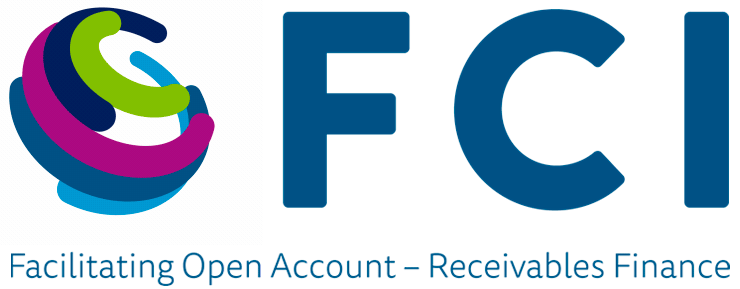-
You may well find that you will have to include in your factoring agreement with your clients (sellers or exporters) some of the concepts of the GRIF. For example, if one of the credit covered buyers becomes insolvent, your IF is not obliged to make his payment under approval until 90 days past due date. But this may mean with payment transfer delays that you do not receive the money for several days after that. To cover this delay, you should consider making the payment under approval period 110 days in your agreement with the seller.
-
You are strongly advised to consult your lawyers in order to avoid possible conflicts between the export factoring agreement and the FCI Interfactor Agreement, which is based on the GRIF. Your Import Factor correspondents have no knowledge of your export factoring agreement and so it is your responsibility to ensure that your agreement is in line with the GRIF.
-
Some Export Factors enclose the complete GRIF to their factoring agreement, but this has risks. If you do this, you must really be fully aware of those risks. The GRIF is a set of rules only applicable to the EF-IF relationship. The seller may be confused or worse, he may misuse some of the GRIF rules to play in his favour; think for example about what invoices are covered, days for payments under approval, various warranties and the like.



